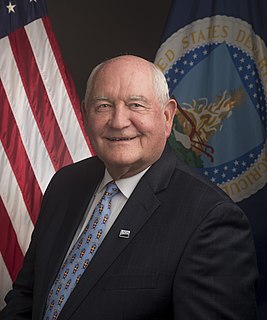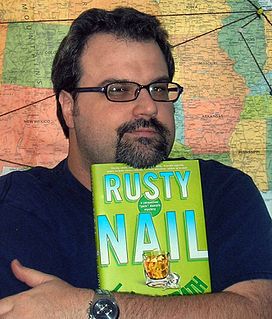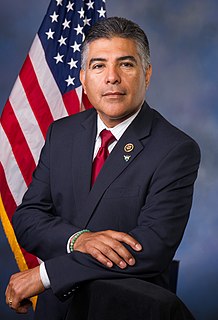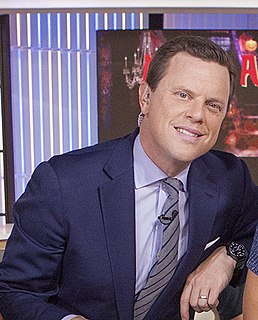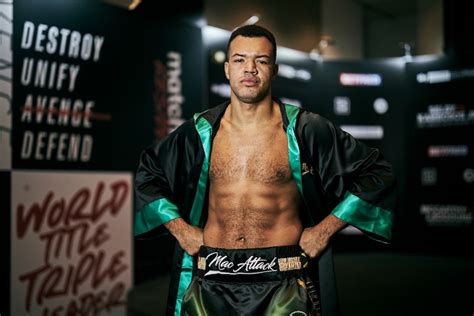A Quote by David Olusoga
Most people involved in the delivery of history, in universities, publishing, museums and the heritage industry, are aware that we have a problem with diversity and inclusivity.
Related Quotes
With the old economics destroyed, organizational forms perfected for industrial production have to be replaced with structures optimized for digital data. It makes increasingly less sense even to talk about a publishing industry, because the core problem publishing solves — the incredible difficulty, complexity, and expense of making something available to the public — has stopped being a problem.
For me, diversity is not a value. Diversity is what you find in Northern Ireland. Diversity is Beirut. Diversity is brother killing brother. Where diversity is shared - where I share with you my difference - that can be valuable. But the simple fact that we are unlike each other is a terrifying notion. I have often found myself in foreign settings where I became suddenly aware that I was not like the people around me. That, to me, is not a pleasant discovery.
I think overall, from a deputy, from an undersecretary standpoint, the goal of a good leader is to get diversity across there. Geographical diversity is important. Industry diversity is important: you can't have all corn growers... Not only that, you've got gender diversity, you've got racial diversity.
Publishing is the only industry I can think of where most of the employees spend most of their time stating with great self-assurance that they don't know how to do their jobs. "I don't know how to sell this," they explain, frowning, as though it's your fault. "I don't know how to package this. I don't know what the market is for this book. I don't know how we're going to draw attention to this." In most occupations, people try to hide their incompetence; only in publishing is it flaunted as though it were the chief qualification for the job.
Publishing has gone very middlebrow. It's turned its back on legacy of modernism and gone into a humanist mode. When people go through art school they are exposed to the history of the avant-garde, and there's a general understanding that what you're doing as an artist is to a large extent, not just regurgitating that history, but engaging with it. There's this denial of that in the mainstream publishing world.






